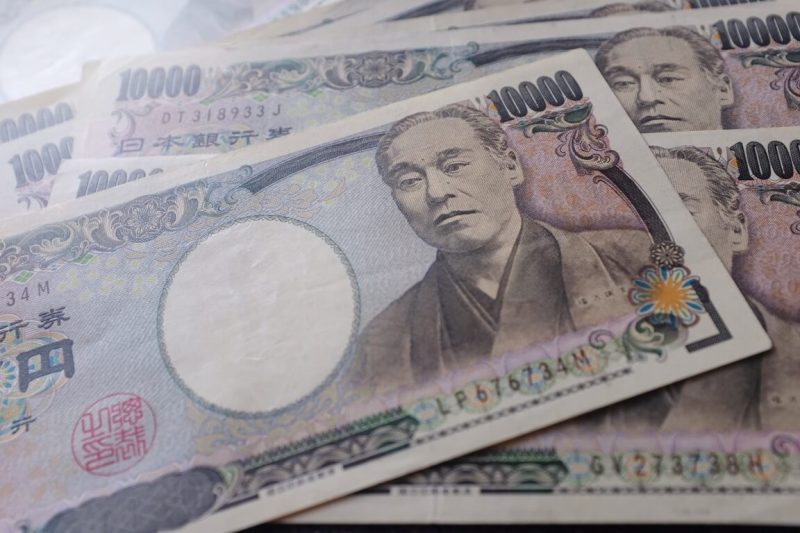
Expect the Unexpected: BOJ Chief Ueda Hints at Possible Rate Hike in July!
The Bank of Japan (BOJ) Governor, Kazuo Ueda, recently signaled a potential interest rate hike in July in recent interviews and remarks. Ueda, who is known for his careful analysis and cautious approach, has previously avoided clear signals about the future direction of monetary policy. This recent indication of a forthcoming rate hike is, therefore, both newsworthy and potentially significant.
The key factors influencing the potential rate hike stem from changes in the Japanese and global economy. Firstly, inflation in Japan has exceeded the BOJ’s 2 percent target for the second consecutive month, suggesting that the long period of deflation that has plagued the Japanese economy may finally be at an end. This, coupled with strong GDP growth, would make a stronger case for a rate hike.
The BOJ chief has also hinted at synchronizing Japan’s monetary policy with the tightening cycle seen in the U.S. and Europe. He shared in an interview that the surges in U.S. Treasury yields are closely observed and considered in the BOJ’s decisions, implying a potential shift in Japan’s monetary policy towards a similar direction.
Another indicative factor is the positive business sentiment displayed in the BOJ’s latest tankan survey. The survey revealed that large Japanese firms are optimistic about the country’s economic prospects over the next few months. This positive outlook provides Ueda and the BOJ with more room to adjust the interest rate.
However, the potential rate hike does not come without risks and criticisms. Some sectors of the economy, particularly the construction and real estate industries, have expressed concern that higher interest rates could potentially weaken their recovery from the lingering impact of the 2011 earthquake and tsunami. The indebted public sector might also experience heavier burden on their finances.
There is also a contrasting view from other sectors that believe the potential rate hike signals a solid economic recovery. This perspective asserts that a rate hike will reduce the risk of asset bubbles and make the economy more resilient, supporting the long-term, sustainable growth of the Japanese economy.
In addition, several economists suggest the rate hike could improve the profitability of the banking sector. Higher interest rates generally allow banks to earn more from loans, potentially benefiting their bottom line.
In conclusion, BOJ Chief Kazuo Ueda’s signals towards a potential July rate hike reflect his cautious optimism about Japan’s economy. The final decision, however, will depend on a multitude of complex factors including inflation rate, global economic conditions, domestic business sentiment, and the impact on various industry sectors. These factors will certainly be closely monitored by all stakeholders in the lead-up to the BOJ’s July meeting.
